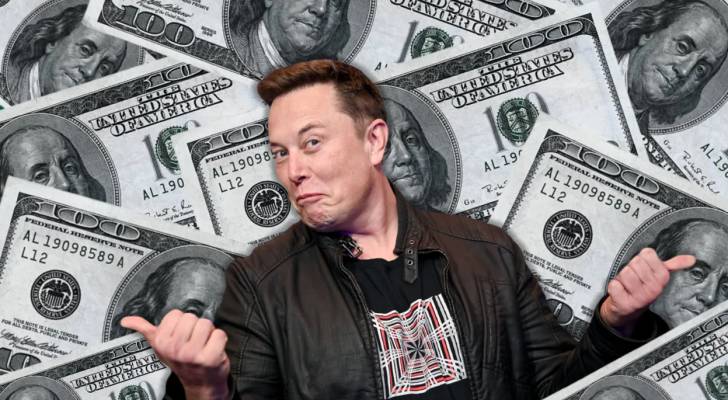Elon Musk (Credit: Mashable)
Bribery or legal? Musk offers $100 to voters for signing judicial petition
Elon Musk is once again deploying a contentious strategy from the 2024 presidential election—offering financial incentives to voters—as part of an effort to mobilize conservative-leaning supporters in Wisconsin.
America PAC, the super PAC established by Musk to direct his wealth toward Republican causes, announced on Thursday that it is offering USD 100 to registered Wisconsin voters who sign a petition “in opposition to activist judges” or refer others to do so. The group is heavily investing in the state’s upcoming April 1 Supreme Court election, aiming to secure a victory for conservative candidate Brad Schimel.
The petition states: “Judges should interpret laws as written, not rewrite them to fit their personal or political agendas. By signing below, I’m rejecting the actions of activist judges who impose their own views and demanding a judiciary that respects its role — interpreting, not legislating.”
Beyond gathering signatures, the initiative serves multiple purposes: attracting media attention, boosting awareness and voter registration among conservatives, and helping America PAC compile data on likely right-leaning voters who are engaged in the race.
Musk previously used a similar approach in key battleground states before the November election, sparking legal and ethical concerns. In Pennsylvania, his lottery-style payments—which reached up to USD 1 million for those who signed a statement supporting the First Amendment—led to a lawsuit from the Philadelphia district attorney. However, a judge declined to block the payouts just before Election Day.
By reviving this strategy in Wisconsin, Musk is underscoring two of his political priorities. One is shifting the state’s Supreme Court back to conservative control, which would have significant implications for redistricting and abortion policies. America PAC and an affiliated nonprofit have poured over USD 11 million into electing Schimel, seeking to counteract a liberal victory in the court last year.
Musk’s personal stakes in Wisconsin’s judiciary are also evident. His electric vehicle company, Tesla, recently filed a lawsuit challenging the state’s ban on manufacturers owning dealerships. Shortly after the lawsuit was filed in January, Musk took to X, stating, “Very important to vote Republican for the Wisconsin Supreme Court to prevent voting fraud.”
The second major focus for Musk is his growing frustration with judges he perceives as obstructing former President Donald Trump’s policies. He frequently criticizes the federal judiciary on X, and the language of the new Wisconsin petition reflects that concern.
Despite the petition’s call for a politically neutral judiciary, Musk’s favored candidate, Schimel, has well-documented ties to Trump. He has been a vocal supporter of the former president and even dressed up as him for Halloween last year, signaling where his loyalties lie.
Is this bribery?
Musk’s voter incentive program exists in a legal gray area, but whether it qualifies as bribery depends on how the law defines it in different jurisdictions.
Offering money for political action: Paying voters to sign a petition or refer others could be seen as an attempt to influence their political participation in exchange for money. Some election laws prohibit offering financial incentives to voters in connection with an election.
Legal challenges in 2024: Musk’s similar initiative before the November election faced legal scrutiny, with Philadelphia’s district attorney suing to stop it.
Targeting conservative voters: Since the payments are tied to a petition with a clear ideological stance, critics may argue that the goal is not just voter participation but voter persuasion, which could cross legal and ethical lines.
Why it might be legal:
Petition vs. voting: He is not directly paying people to vote but rather to sign a petition, which might not fall under traditional voter bribery laws.
Past court rulings: A Pennsylvania judge declined to block his previous payments, suggesting that at least some courts do not consider it outright illegal.
First Amendment protections: Musk and his PAC could argue that the program is a form of political speech and engagement rather than coercion.
Ultimately, whether this constitutes bribery depends on how courts and election regulators interpret the law. Even if it is technically legal, it remains highly controversial.




